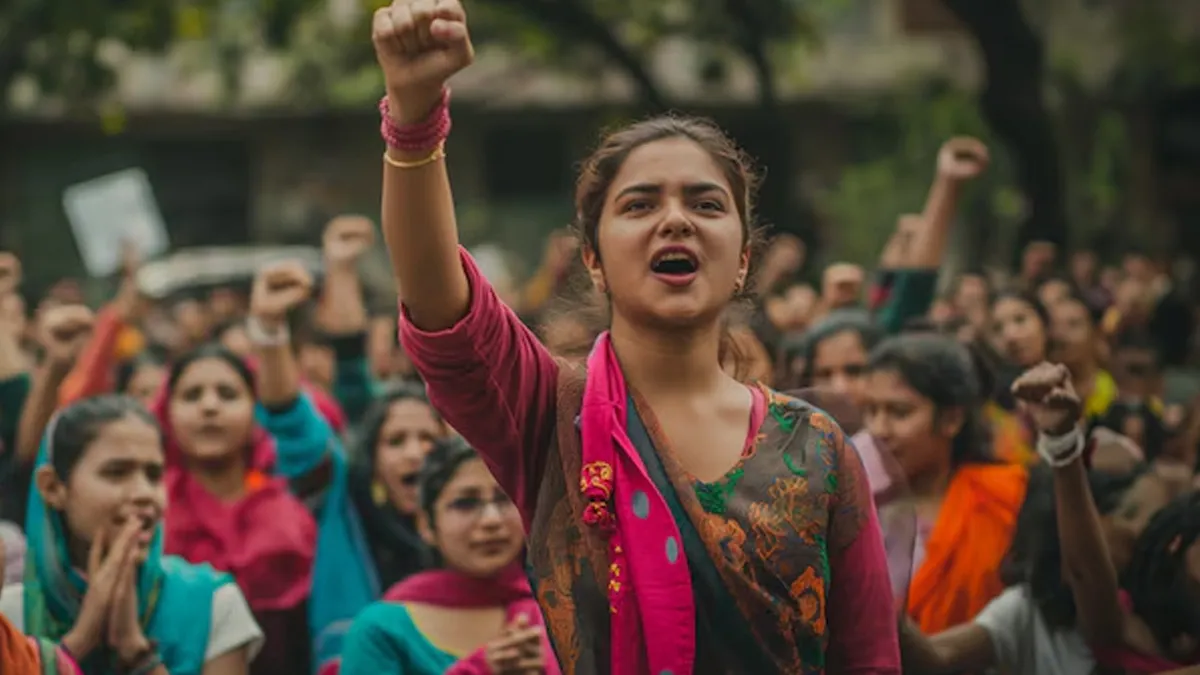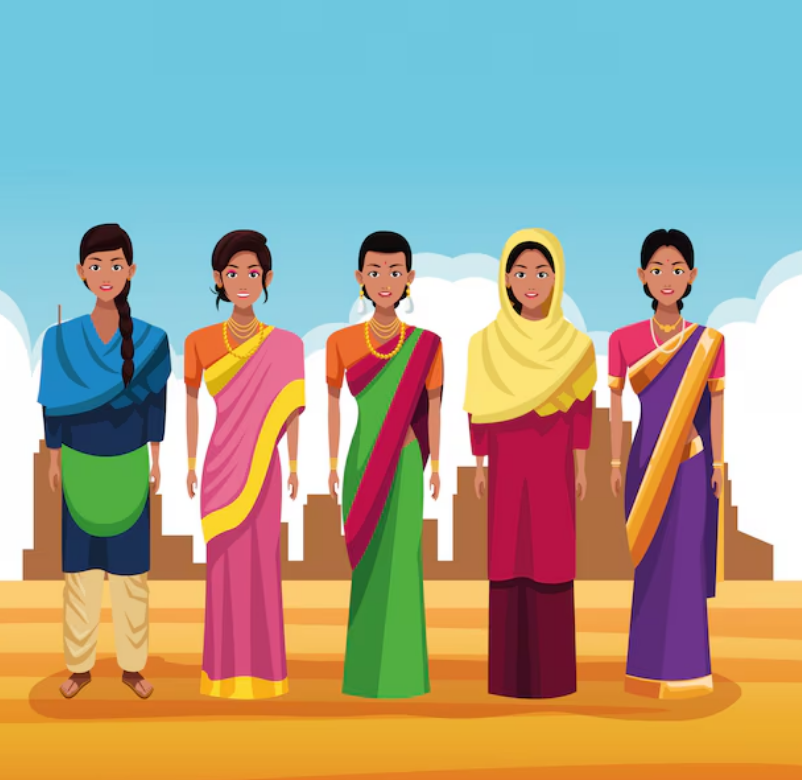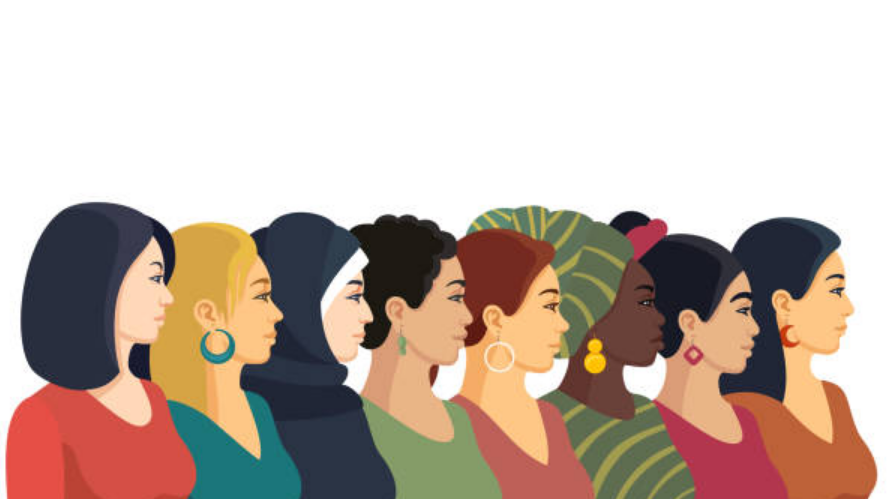
Every woman deserves to feel safe, respected, and in control of her life. India’s laws provide strong protections but only if you know about them. Here are 10 crucial rights every Indian woman should be aware of to stand up for herself.

Under the Hindu Succession Act, 1956, daughters now have equal rights to inherit family property, just like sons. This amendment, made in 2005, empowers women by granting them financial security and a fair share in family assets. The law ensures that gender does not determine inheritance, promoting equality within families.
The Juvenile Justice (Care and Protection of Children) Act, 2015, recognises the right of unmarried women to adopt children. This landmark provision gives single women the opportunity to experience motherhood and provide a loving home for children, without societal limitations based on marital status.
The Maternity Benefit Act ensures that women working in both public and private sectors are entitled to 26 weeks of paid maternity leave. This provision, updated in 2017, allows new mothers to take time off work to recover from childbirth, ensuring job security and financial support during this crucial phase.
Women now have the right to file an FIR (First Information Report) at any police station, even if the crime occurred outside the station's jurisdiction. This rule prevents delays in justice by allowing women to report crimes without the hassle of jurisdictional constraints, ensuring a faster response.
Under the Janani Shishu Suraksha Karyakram (JSSK), pregnant women are entitled to free ambulance services for transportation to hospitals for delivery. This initiative aims to improve maternal healthcare by ensuring that women in need of emergency medical attention during pregnancy can access it without financial barriers.
Don't Miss: No Husband, No Problem: How India’s Single Women Are Thriving

The law criminalises stalking under Section 354D of the Indian Penal Code (IPC). This includes actions such as repeated phone calls, following a woman, or monitoring her movements without her consent. Stalking is punishable by up to three years of imprisonment, providing women with legal protection from such harassment.
Section 164A of the Criminal Procedure Code (CrPC) ensures that any woman who has been sexually assaulted has the right to free and immediate medical treatment. Hospitals are legally bound to provide medical assistance without any delay, ensuring that women who experience assault are given prompt care.
To protect women's dignity, the law stipulates that no male police officer can physically examine or search a woman. Only female officers are authorised to conduct searches on women, ensuring that a woman's privacy and safety are respected during police procedures.
In India, forcing a woman to convert her religion, especially for marriage, is illegal under various anti-conversion laws. These laws ensure that women are free to practice their religion without any coercion, safeguarding their religious freedom and autonomy in personal decisions.

The Criminal Procedure Code (CrPC) protects women from arbitrary arrest during nighttime. Section 46(4) of the CrPC states that women cannot be arrested between sunset and sunrise unless there are exceptional circumstances and the arrest is authorised by a magistrate. This provision ensures that women are not subjected to arbitrary arrests during vulnerable hours.
Laws exist to protect you, but they only work if you know your rights. Whether it’s property, safety, or healthcare, these rules ensure you’re treated fairly. Share this with every woman you care about, because knowledge is power.
Don't Miss: Marriage Doesn’t Mean Ownership: Allahabad HC Slams Man For Uploading Wife’s Intimate Video
For more such stories, stay tuned to HerZindagi.
Image Courtesy: Freepik
Also watch this video
Herzindagi video
Our aim is to provide accurate, safe and expert verified information through our articles and social media handles. The remedies, advice and tips mentioned here are for general information only. Please consult your expert before trying any kind of health, beauty, life hacks or astrology related tips. For any feedback or complaint, contact us at compliant_gro@jagrannewmedia.com.